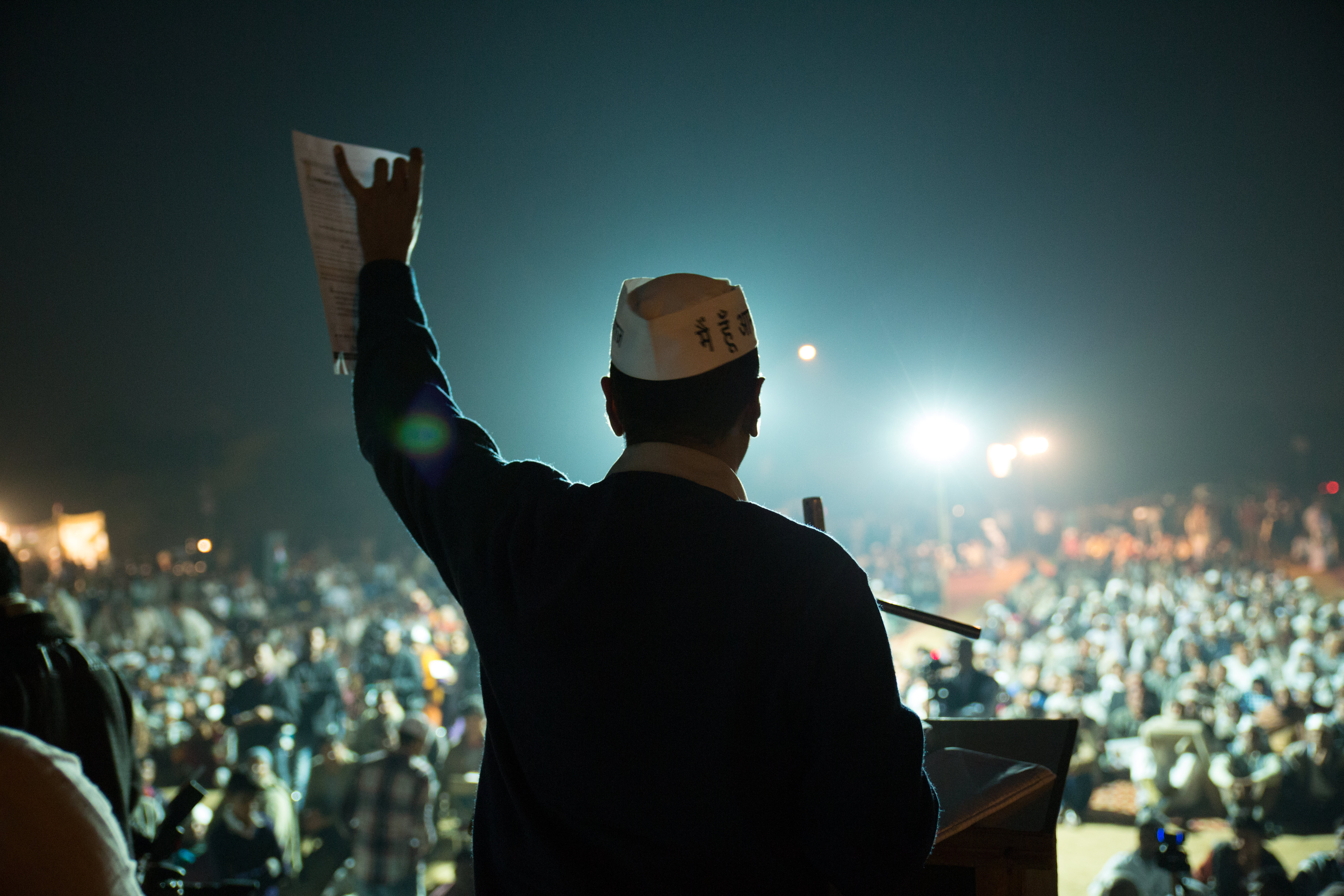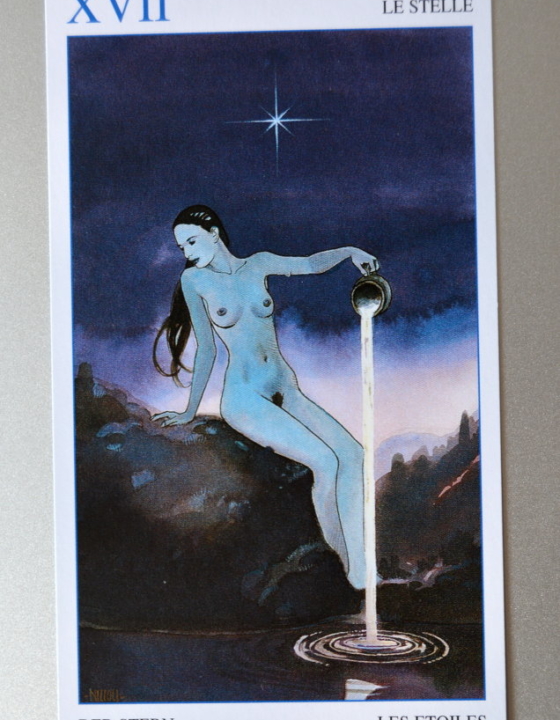As a documentary film, An Insignificant Man delivers a very rich, dramatic and in parts tragic portrayal of a political movement in India. Offering a great insight into the process of idealism being filtered through politics. When compromises advance some people and some ideas, while leaving behind others. At the center is Arvind Kejriwal who was followed around by two young filmmakers Khushboo Ranka and Vinay Shukla from his days involving the Anti Corruption Movement to the forming of the Aam Aadmi Party (AAP = Common Man’s Party). Their idea was initially to follow the war rooms of the political parties, but as only one allowed them, it organically evolved into what it became. We get fly-on-the-wall insights into campaigns going on in the slums, the New Delhi’s electoral politics and backstage conflicts of a newborn party and the ongoings in it’s political sphere.
How does idealism survive in today’s politics?

One tragic event is the death of Santosh Koli, who was a promising young woman who’ve been involved with fighting against injustice alongside Arvind Kejriwal. She rode pillion on a motorcycle that got hit by a car, and her critical condition from that eventually led to her death. We get the sense it might have been an accident as Indian traffic is a big mess, but also that it might have been a murder by the opposite party. I looked up the case, as it was very sad to see in the film, and apparently her mother is now accusing Arvind Kejriwal of plotting it, for various reasons. This is all loose information, but the fact we in the documentary see Arvind with Santosh’s mother on the funeral, which contrast the picture as her mother later on got thrown out of the AAP office. So it’s a weird mess.
If the system corrupts ideals and politics, then systematical changes are needed.
Another key character is Yogendra Yadav who leaves his commentary job to join the AAP. He takes on the role as the smooth talker, the political-insight guy who stands by Arvind Kejriwal. Yet we learn in the final scenes that he eventually got kicked out from AAP, due to criticism of Arvinds totalitarian style. He eventually formed a new party and that’s where the film ends, where it begins.
Can you make a change without being firm, authoritative – can you at all?
This film isn’t about political inspiration, it’s not about revolutional ideas, nor about uprisings and all that. It’s George Orwells Animal Farm in reality, which meets Niccolò Machiavelli’s unescapable matrix of political struggles and dirty playing . Where a small player brings down the big players, freshens up the political milieu, exposes corruption and injustice and eventually becomes the big player himself. With that also follows a personal cult, corruption and compromises never imagined in the start. In the beginning of the film, we are notified that the Mahatma Gandhi Party has been in rule 63 of 65 years in India. So things change, more parties come on board and that’s how society slowly, bureaucratically progress. Only time will tell the results of AAP’s legacy. Meanwhile, this documentary is a must-see for anyone with any big or small interest in politics.
Check out this interview with Khushboo and Vinay.








What do you think?